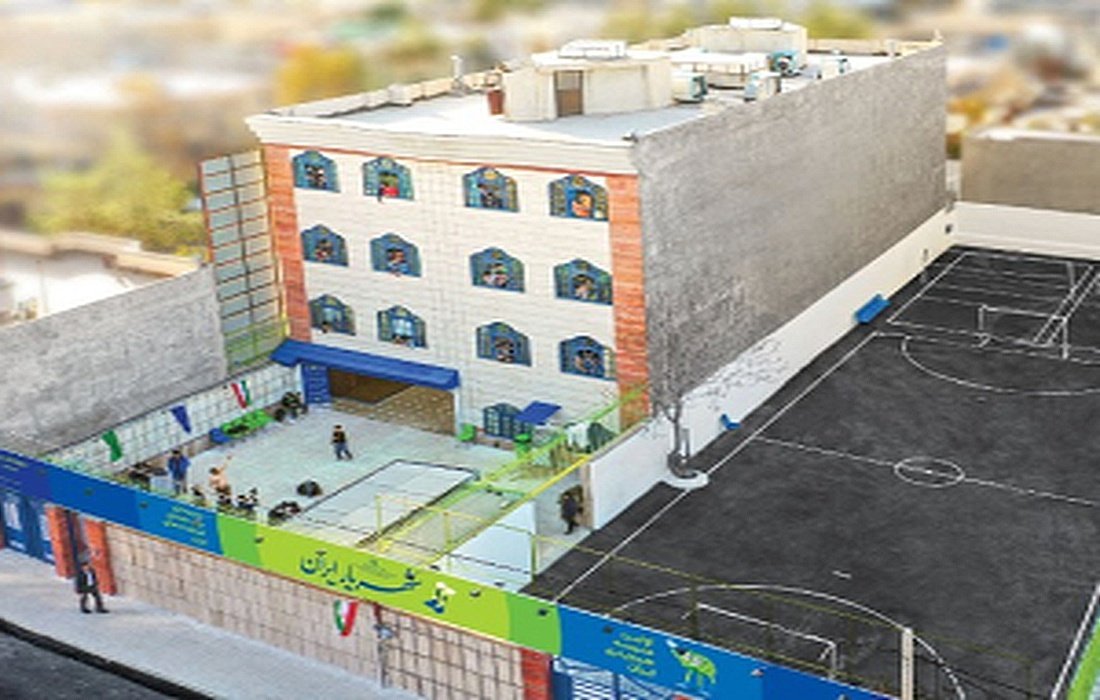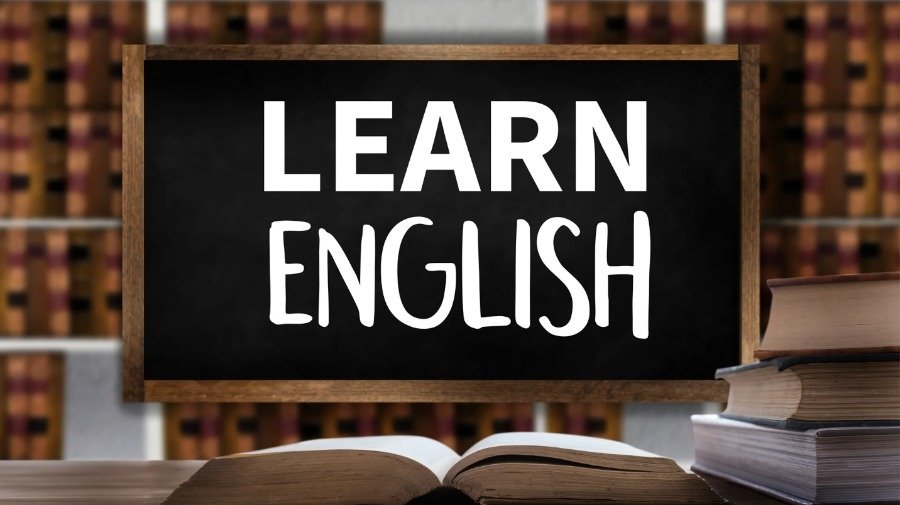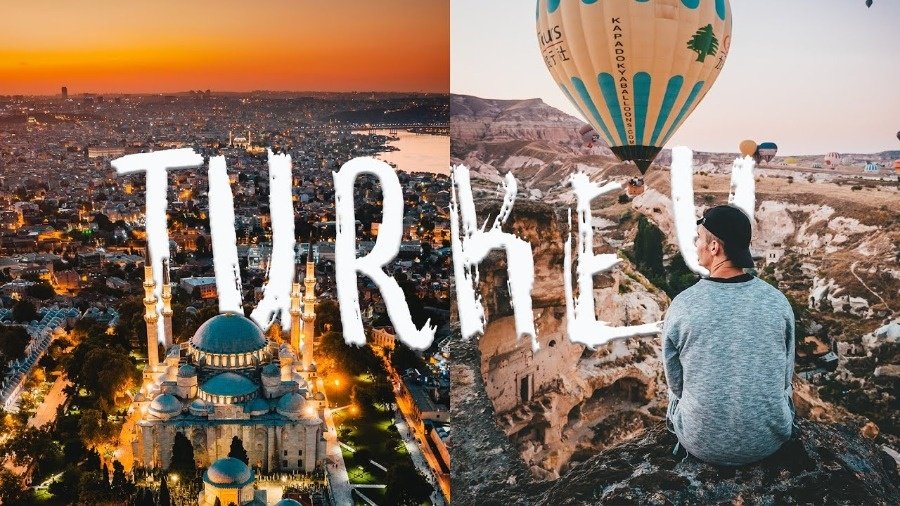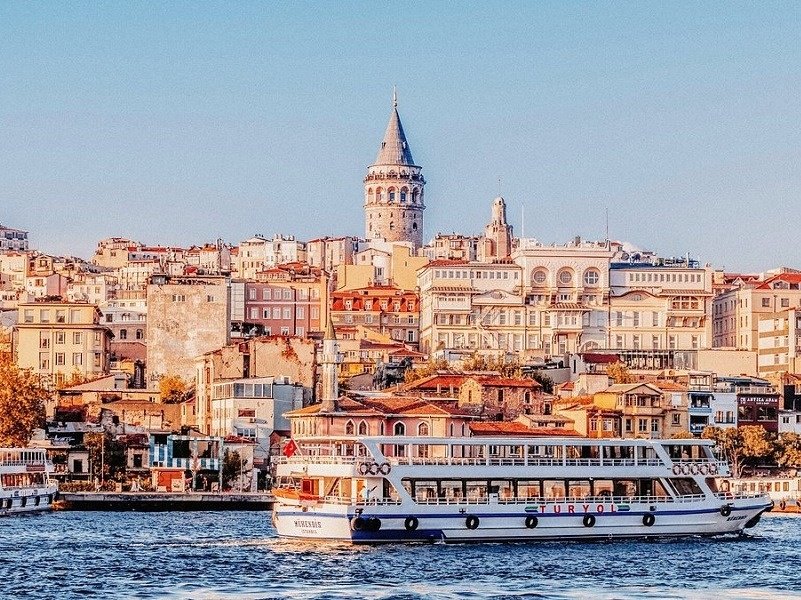In an interview with Behzad Bonyassadi, the CEO of this group, it becomes clear that the idea of establishing Shahrayar schools originated from an inspiring visit to a reputable school in Singapore in 2009. There, it was observed that alumni of that school have positions among the main decision-makers and leaders of their country. This experience, along with a 47-day study trip to schools in Malaysia, Europe, and East Asia, led the founders to conclude that Iran also needs a transformed education system. The first step in this path was the founding of the Shahrayar Olympiad Club (initially called Shahrayar Toos) in 2016, and a year later, the second-grade high school was opened in Mashhad. Afterwards, in 2021, the first-grade branch in Vakilabad 63, Mashhad, also started operating.
Iranian Shahrayar schools, now recognized as the country’s first “Hybrid School,” offer a mix of in-person and online learning, official curriculum content, skills-based education, and personalized teaching methods. In these schools, primary students participate in diverse classes such as painting, acting, website design, business plan editing, and entrepreneurial skills. Mr. Bonyassadi believes this multi-layered approach helps students confidently enter the real world and the job market. He states: “We have students who, in ninth grade, earn millions from designing and financial markets. Our goal isn’t just success in exams; it’s building capable and creative individuals.”
In the field of educational innovation, Shahrayar schools use the “Flipped Learning” method, first introduced in 2006, now implemented from seventh to twelfth grade. In this model, most educational content is recorded as short videos produced in the school’s dedicated studio and made accessible through an online portal. As a result, classes focus more on Q&A, personalized coaching, and practice exercises. Bonyassadi emphasizes: “The teacher’s role here shifts from just teaching to facilitating learning and supporting each student individually.”

The successes of Shahrayar schools are not limited to educational innovations. They have won over seven international medals in Olympiads, and many students have achieved top rankings in national exams in math and science. Recently, one student, Parsa, joined the Iran National Economics Olympiad team and was sent to international competitions in Azerbaijan. Many graduates of Shahrayar have been accepted into top universities such as Tehran University, studying medicine, dentistry, and pharmacy. Bonyassadi highlights that these achievements are not just from exam scores but also from training students with skills and values.
Shahrayar Iran also works to ensure educational equity. They identify talented students from disadvantaged areas in cooperation with the Education Department and fully sponsor their studies — covering tuition and transportation. So far, 30 students have benefited from this support. Bonyassadi states: “We believe that talented students in underprivileged regions should have the same opportunities as those in affluent areas. Educational equity means discovering talent everywhere in Iran.”
As their activities grow, Shahrayar schools plan to expand services to other cities. Educational videos, online classes, and specialized counseling are now offered at low or no cost to students nationwide. For example, an online exam review conference was held with over a thousand participants across the country, showing the high interest in this model. Additionally, the dedicated Olympiad Club building has become a talent development center for students from the north to the center of Iran.
One of Mr. Bonyassadi’s main concerns is the lack of proper school facilities in Iran. He mentions Japanese schools with 6,000-square-meter campuses and says: “Finding more than 2 or 3 thousand square meters for a school is very difficult in Iran. But in Shahrayar, we have tried to overcome this by extending school hours until 11 pm.”
At the end of the interview, Bonyassadi emphasizes the crucial role of education in national development and hopes that non-profit schools, like successful models in developed countries, can someday provide free education for all students with government support. He states: “Our per-student educational expenditure in Iran is about one-hundredth of that in advanced countries. If we don’t take education seriously, we risk losing the future of our country. But if we prioritize education, we will create a capable, skills-oriented, and globally-minded generation.”







